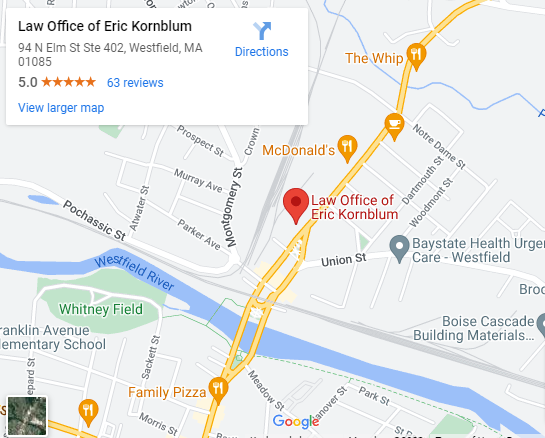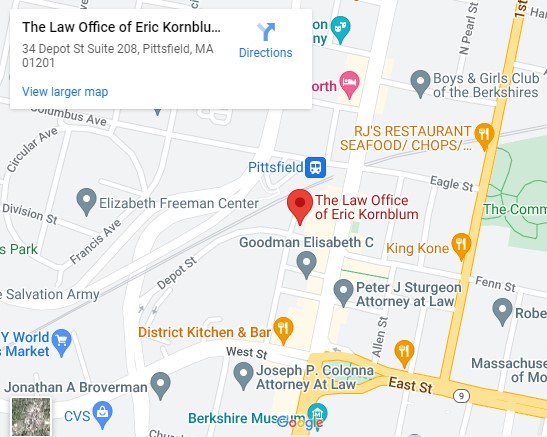Live life debt-free by knowing first what happens when filing for bankruptcy.
Doing whatever it takes to get out of your present situation is something you would seriously consider when going through terrible financial problems. As you go through several options, a friend or family member might suggest that you file for bankruptcy. If you have been struggling with bad financial decisions and credit card debt for a long time, this seems like a no-brainer. Nonetheless, remember what happens when you file for bankruptcy.
Money problems are often caused by significant changes or happenings in your life. Things like losing your job, going through a divorce, getting in an accident, or becoming sick really take their toll on you financially. Bankruptcy filing provides a tremendous opportunity to get back on your feet without worrying about how you will get through the next day.
Having information about anything you will be getting into is necessary. Knowing what happens when you file for bankruptcy in advance is essential to attaining debt relief. If that is what you seek, then working with a skilled MA bankruptcy attorney is the way to go! Call the Law Office of Eric Kornblum immediately to start a conversation with their bankruptcy attorneys!
Why Do I Need a Springfield, MA, Bankruptcy Attorney?
A bankruptcy petition provides the safest way to break free from your terrible situation, such as financial troubles due to loss of income, hospital bills, credit card debt, or any other reason.
It is necessary to have a knowledgeable bankruptcy lawyer to help fight your legal battles. In particular, someone who always looks out for their client’s welfare and recognizes the challenges ahead. It is truly a privilege to be with a bankruptcy attorney who not only prepares you for what happens when you file bankruptcy but also:
- Believes in aggressive yet compassionate and diligent legal representation
- Has several years’ worth of experience in resolving all sorts of financial problems both in and out of federal court
- Strives hard to ease the stress brought by every step of the bankruptcy proceedings
- Does everything in their power to get all the clients’ finances back on track
- Walks you through everything that needs to be done to complete the process
- Thoroughly explains what a bankruptcy trustee is and other related concerns
- Informs you of any Chapter 7 or Chapter 13 exemption that applies to your bankruptcy case
If top-notch debt education from a bankruptcy lawyer is what you want to get, then contact our law firm immediately to schedule a conversation with Erik.
What is Bankruptcy?
Bankruptcy is a federal legal process by the United States Government to lessen an individual or group’s financial burden due to large sums of debt. The main objective of each bankruptcy case is for the debtor to have some semblance of a regular life while gradually repaying their creditors.
The two bankruptcy chapters most people file for are Chapter 7 (liquidation bankruptcy) and Chapter 13 (consumer bankruptcy). According to the United States Bankruptcy Code, the following are eligibility requirements needed, regardless of what bankruptcy case you choose:
- Show up in bankruptcy court to follow any provided orders within 180 days before a bankruptcy filing.
- Attend a credit counseling course given by a credit counseling agency approved by the bankruptcy court within 180 days before submitting your petition to grasp what happens when you file for bankruptcy.
- Take a debtor education course after paying off everything you owe before officially getting the bankruptcy discharge.
Speak to your Springfield bankruptcy lawyer to know what other requirements you must accomplish before filing for bankruptcy.
What Happens When I File for Bankruptcy?
Chapter 7 bankruptcy and Chapter 13 bankruptcy each have unique benefits and expectations. While the former mainly involves selling off your non-exempt property to clear your debt, the latter uses a repayment plan for three to five years to repay your creditors gradually.
Once your bankruptcy petition has been submitted and processed, the following happens when you file bankruptcy for both Chapter 7 and Chapter 13.
You will be protected from abusive debt collectors.
As soon as your petition is filed, the bankruptcy court issues an automatic stay. The automatic stay helps stop wage garnishment and most calls from creditors. However, any ongoing criminal cases will continue, and creditors can still collect support payments.
You will initially not get evicted.
When a bankruptcy case is filed, an eviction still undergoing litigation will be stopped, but only temporarily. If there has already been an eviction judgment against you, your landlord can still get you evicted. Consult with a bankruptcy attorney from Springfield, MA, about what else you can do to prevent this.
Your property won’t get foreclosed or repossessed (at first).
Like being protected from abusive creditor practices and possible eviction, the granted automatic stay can also prevent the repossession and foreclosure of your property. However, filing for Chapter 7 bankruptcy will not allow you to keep the property unless you bring the account current. On the other hand, in Chapter 13 bankruptcy, you can still catch up on missed payments if you do not want to lose the asset.
Most of your credit card debt and non-priority unsecured debt will be erased.
Another great thing about what happens when filing for bankruptcy is that most of your non-priority unsecured debts (e.g., hospital bills, personal loans, overdue utility bills, and gym contracts) can be wiped out. Student loans, however, are often not erased by bankruptcy filing. Talk to a bankruptcy attorney if you have dischargeable unsecured and secured debt.
Call our Bankruptcy Lawyer in Springfield, MA, Now!
If your financial issues continuously stress you out the whole day, you need to have someone you can rely on to carry the burden with you. If that person can precisely explain what happens when you file bankruptcy, you should be on your way to achieving debt relief!
With over 20 years of bankruptcy law experience, Eric Kornblum is the person for the job if you need help with debt negotiation, stopping wage garnishment, and many other issues. His intimate knowledge of the Massachusetts legal system helps during your bankruptcy relief journey.
Start a conversation with Eric regarding what happens when you file bankruptcy by calling or visiting our law office today!

 MA bankruptcy lawyer Eric Kornblum graduated from State University of New York, Binghamton in 1989 and received his law degree in 1992 at Western New England College, School of Law. Since opening his own practice, Eric has been dedicated to helping his clients resolve their financial problems both in and out of court.
MA bankruptcy lawyer Eric Kornblum graduated from State University of New York, Binghamton in 1989 and received his law degree in 1992 at Western New England College, School of Law. Since opening his own practice, Eric has been dedicated to helping his clients resolve their financial problems both in and out of court. 
